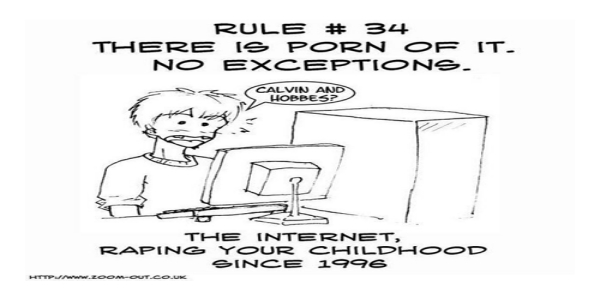Italian lawmakers still don't know how the Internet works
Some things just never change.
Italian senator Simone Pillon is very happy because a laws proposal close to his heart has been accepted by one of the chambes of the italian Parliament: an obligation, for suppliers of mobile phones, tablets, laptops, TVs and other devices to pre-install on all those devices, free of charge for their end users, filters that block content that is violent, pornographic or otherwise inappropriate for minors.
Pillon hopes that in this way “the many children who, like mine, now have daily access to the Internet, given the need for distance learning, will be safe. This is a small gift to all parents who want to protect their little ones from the dangers of the web”.
What will happen in practice:
If this bill really goes through, and is actually converted to law, by far the most likely outcomes will be:
- insurmountable implementation problems, for the same reasons why Facebook, for example, cannot filter all “inappropriate” contents, even if it has much more resources than italian device providers
- some more censorship
- possible incompatibility with existing net neutrality legislation
- fights over the filtering rules: who determines what inappropriate content is?
The last point may be the funniest (in the wrong way, of course). Never forget the “Rule 34 Meme”.

This law proposal was surely made in good faith, and is intrinsically less bad, and less dumb than similar ideas that already failed in e.g. the UK. Still, it was written without knowing how the World Wide Web really works, and without consulting the providers of internet access services, who may end up in court, for not doing something they cannot possibly do. The only outcome we can sure about is that it will force (too few) italian lawmakers to rediscover things already known years ago: certain filters cannot work as advertised.
The only good thing in this proposal, if it becomes law, is that it will be relatively easy to turn off those filters.
Who writes this, why, and how to help
I am Marco Fioretti, tech writer and aspiring polymath doing human-digital research and popularization.
I do it because YOUR civil rights and the quality of YOUR life depend every year more on how software is used AROUND you.
To this end, I have already shared more than a million words on this blog, without any paywall or user tracking, and am sharing the next million through a newsletter, also without any paywall.
The more direct support I get, the more I can continue to inform for free parents, teachers, decision makers, and everybody else who should know more stuff like this. You can support me with paid subscriptions to my newsletter, donations via PayPal (mfioretti@nexaima.net) or LiberaPay, or in any of the other ways listed here.THANKS for your support!